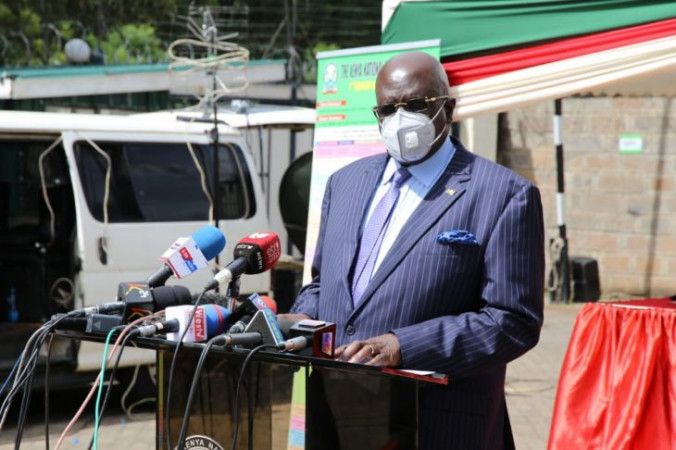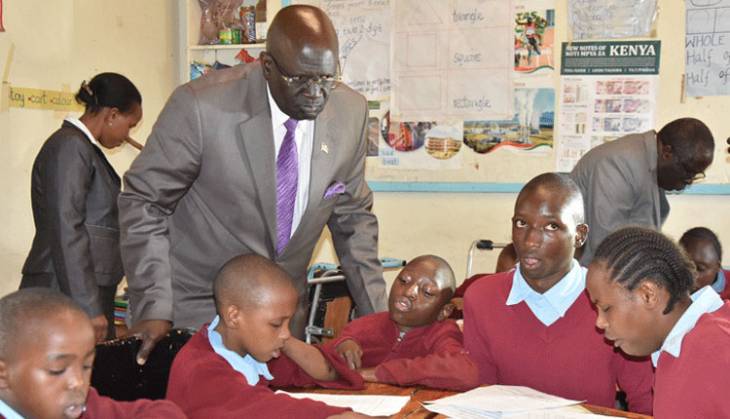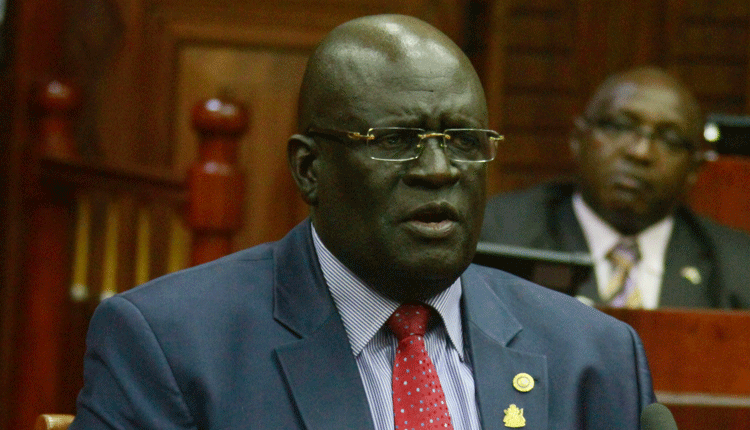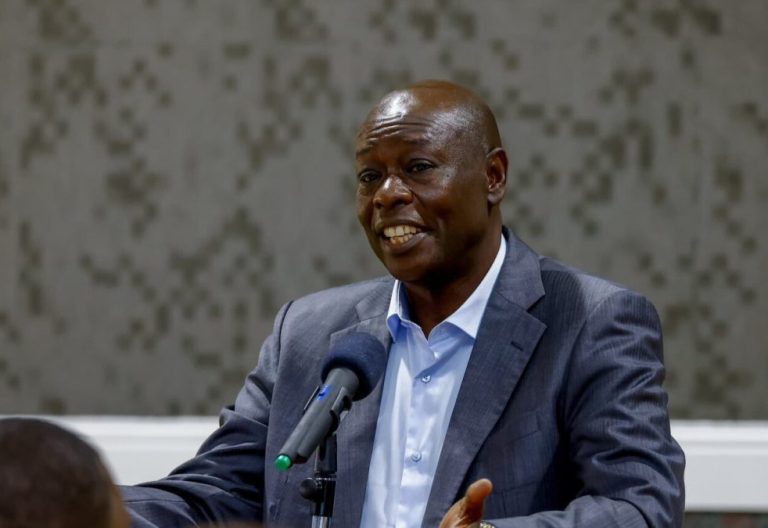Parents say Competency-Based Curriculum time consuming, expensive
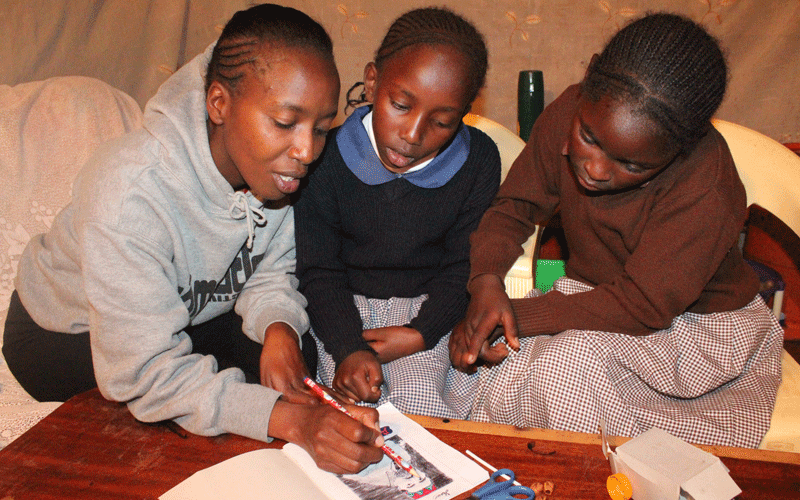
Noel Wandera and Wangari Njuguna
Sad as it might be, the comical responses by parents to the demands of Competency-Based Curriculum (CBC) on primary school children paints a picture of a system still beset with implementation challenges.
With CBC now in its second year, exhausted parents are bearing almost the entire burden of the intensive curriculum, often staying awake late in the night to ensure their children finish practical assignments that often involve a cost element.
The assignments range from constructing kites, aeroplanes, rockets, canoes and boats.
Grade Four children have often brought home as assignments that involve taking photos, printing them out and attaching them to manila papers.
The pupils are also being asked to attach objects used for washing hands such as bathing soap and rinsing napkins on manila papers. “It is like we need printers in the house.
Fine, hand-washing soap and napkin was attachable. Problem came to attaching a basin of water from the bathroom,” says a frustrated parent, Agnes Kanyingi.
She wishes the daily items needed was added to list of textbooks as a school requirement. With the intensity of the assignments not showing any signs of slowing down, parents have been forced to device mitigation measures.
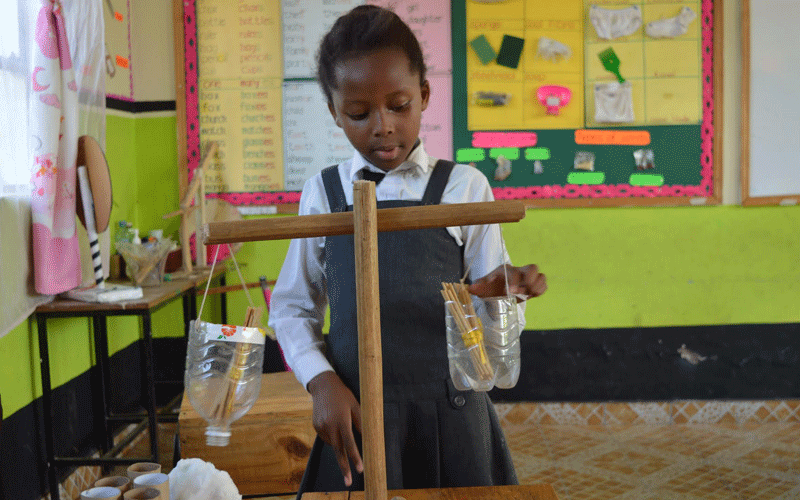
Mary Wangari, who leaves office at 7pm and arrives at home after 8pm long after her child has slept, sometimes carries her child’s assignments to work, where she gets assistance from her colleagues.
“Two weeks ago, according my kid’s diary, she was asked to cut numbers from one to 20 and stick them on manila paper.
When I came home, she had not done the assignment, yet it was required in a day’s time. I took the assignment to work, where I got assistance from my colleagues,” said Wangari.
Extra costs
For Gladys Obunga, the Internet has become her best friend, from where she often refers to the web and mobile site for ideas.
Caught between a rock and hard place, parents have now turned to popular social media sites to rant.
“I want to ask Magoha (Education Cabinet Secretary George Magoha) to explain who is the pupil between my daughter and I…I am the one making everything…kite, ball, beanbag, floating boats…and my daughter will supervise and say they are ugly,” an unidentified parent complained.
Another reckons teachers have now offloaded their responsibilities to parents. “You arrive home at midnight and do 90 per cent of the homework,” she says.
The task is particularly difficult for breast-feeding mothers, with one parent saying, “Every day, I do my son’s homework with one hand breast-feeding while the other showing him how to draw a cow and a donkey.”
For many parents in urban areas, the new curriculum has come with extra costs, as the pupils are required to buy many items for their practical lessons.
Cecilia Njeri, a parent in Murang’a, said on several occasions, she has gone home after work only to find her child with a list of several items she was supposed to buy for the next day’s lesson.
List of materials
Another parent, Faith Wangari, says the CBC has played a big role in helping the children learn to be creative and more active.
Her child who is in Grade Two finds learning more exciting and does not want to miss school at any given day. “At an early age when they are taught to clean their personal items and keep their environment neat,” she said.
However, public school tutors say although there are take-home assignments, most activities should be done in school by the pupils, not the parents.
A deputy head teacher in Kikuyu, Kiambu county says they send a list of all materials required before each school term opens.
“We place each child’s materials in a cupboard and retrieve them when need arises.
Most of the work should be done during the lesson or after 3.30pm in school. One activity can take two to three lessons,” says Jane Kimuyu (not her real name).
“We are aware not all teachers in private schools are college-trained. Moreover, some private academies are not sending their teachers for CBC training during school holidays, which is free for public school tutors but others must pay for it,” she says.
National Parents Association chairman Nicholas Maiyo says many parents have complained to him about CBC. “We are encountering implementation challenges, but there is a task force monitoring the process,” he said.
Maiyo has advised private schools to consult the Teachers Service Commission (TSC) to get certified teachers.
“Some of them employ Form Four leavers without college training to teach lower classes, yet we have thousands of qualified tutors who are jobless,” he added.
